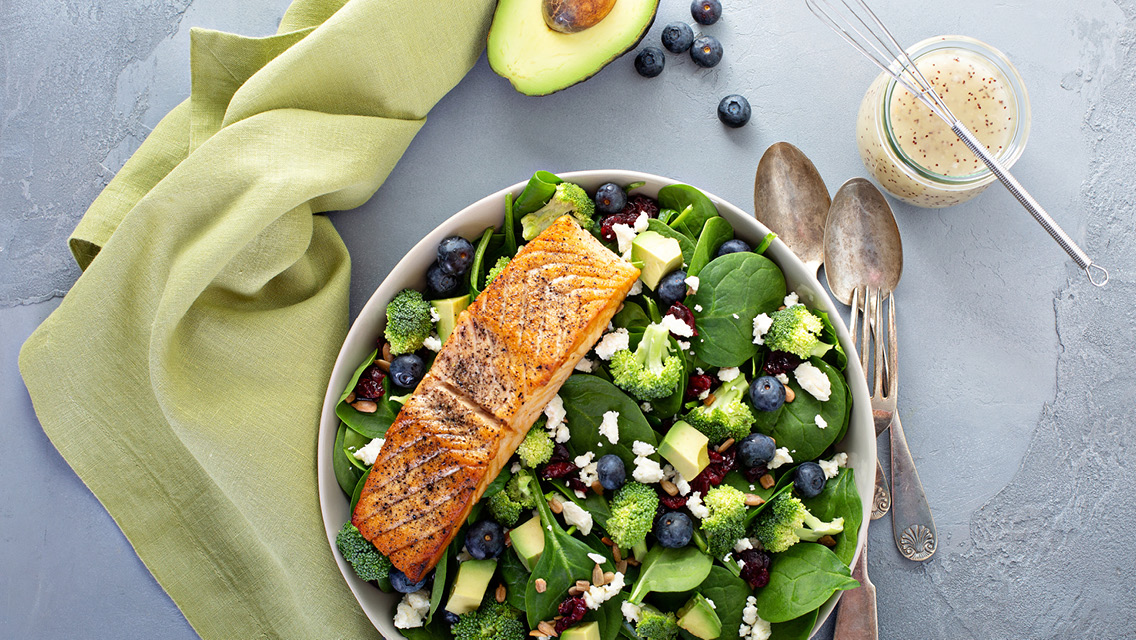Stanford researchers in 2022 followed 22 pairs of healthy identical twins, randomizing one twin from each pair to either a vegan or omnivore diet. Their findings? The vegan diet improved cardiovascular health, insulin levels, and weight loss in as little as eight weeks.
The study was reported last fall in JAMA Network Open and formed the basis for the 2024 Netflix documentary You Are What You Eat.
Dietary studies are often hampered by several factors, including participants’ genetic differences, upbringing, and lifestyle choices. “By studying identical twins, however, the researchers were able to control for genetics and limit the other factors, as the twins grew up in the same households and reported similar lifestyles,” a study press release explained.
The twins averaged 39.6 years old; 34 identified as female, 10 as male. While 72.7 percent were white, others were Asian, Black, Native Hawaiian/Pacific Islander, or multiracial.
To further control for what they ate, participants were provided planned meals delivered by a service for the first four weeks; they were asked to prepare the same types of meals on their own for the next four. Meals were chock-full of vegetables and fruits, legumes, and whole grains and lacking in sugars and refined starches. The vegan diet was entirely plant-based, while the omnivorous diet included chicken, fish, eggs, cheese, dairy, and other animal-sourced foods.
The vegan diet improved cardiovascular health, insulin levels, and weight loss in as little as eight weeks.
Researchers weighed and drew blood from the twins at the start of the trial, halfway through, and at the end.
After eight weeks, all the participants had lower levels of LDL cholesterol, one of the key factors in cardiovascular health, but those eating a vegan diet saw a dramatic 10 to 15 percent drop. The average baseline LDL-C level for the vegan twins had been 110.7 milligrams per deciliter, and for the omnivore participants it was 118.5 mg/dL; it dropped to 95.5 for vegans and 116.1 for omnivores by the trial’s end.
The vegan twins also saw their fasting insulin levels decline by about 20 percent (a higher insulin level is a risk factor for developing type 2 diabetes).
In addition, vegan participants lost an average of 4.2 pounds more than the omnivores.
In a related study with the same twins, researchers looked at the effects of the two diets on epigenetics (gene activity that doesn’t alter DNA), immune-system efficacy, and other aspects of aging. Again, the findings supported the benefits of a plant-based diet.
“Notably, the vegan cohort exhibited a significant decrease in epigenetic age acceleration, as demonstrated by reductions in multiple epigenetic aging clocks,” the authors summarized. “These findings are consistent with previous research highlighting the potential antiaging effects of plant-based diets, known for their rich antioxidant content and anti-inflammatory properties.”
“Based on these results and thinking about longevity, most of us would benefit from going to a more plant-based diet,” senior author Christopher Gardner, PhD, said in the release, adding, in a separate interview: “My science doesn’t say people should be vegan; it just says people should eat less meat and more plants.”





This Post Has 3 Comments
I am curious about whether this same test has been run on people eating grass-fed and pastured animal products versus industrially produced meat and eggs. There are significant differences in omega-3 fats in grass-fed and pastured products, which leads to large reductions in the inflammation. High inflammation is often generated by the high omega-6 fats and virtually zero omega-3s in industrial animal products. Inflammation is a large part of all the problems listed, and high omega-3s also lead to better cholesterol.
What do we make of all the protein, high meat and carnivore hype? I have to admit vegan seems to make more sense to me. Thoughts?
This study was flawed (according to Peter Attia, a highly-respected doctor and one of the nation’s longevity expert).